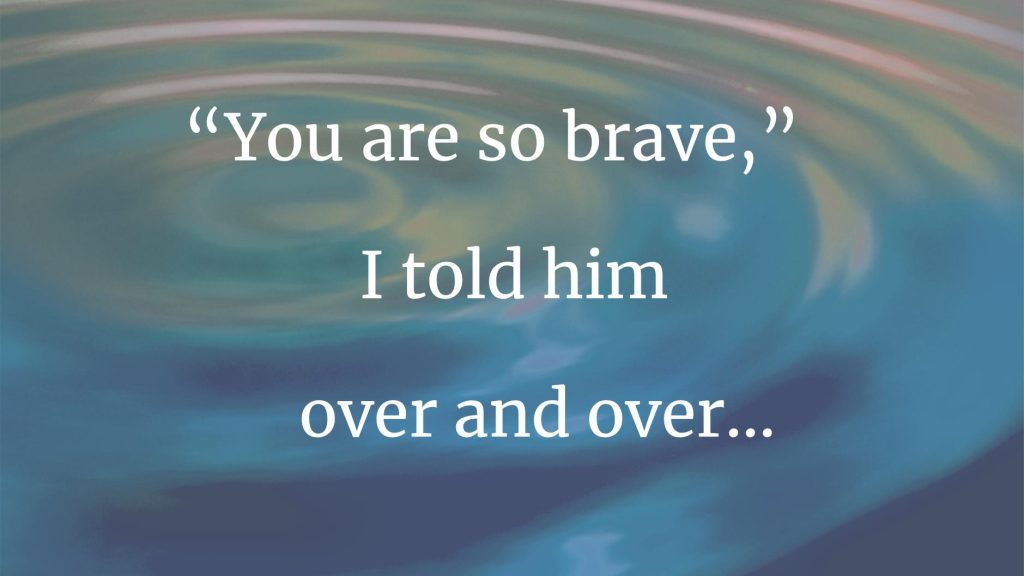She Loved Her Baby
I was a second-year ob-gyn resident, back in the mid-1980s, when I met her in the clinic. She stood out because she could speak English—Queen’s English, to boot. She was friendly and happy. She anticipated her delivery with joy. I saw her several times in the clinic and again in the labor room, when we celebrated her son’s birth.
But here’s what she didn’t tell me: She had been a sex worker.
She Loved Her Baby Read More »






